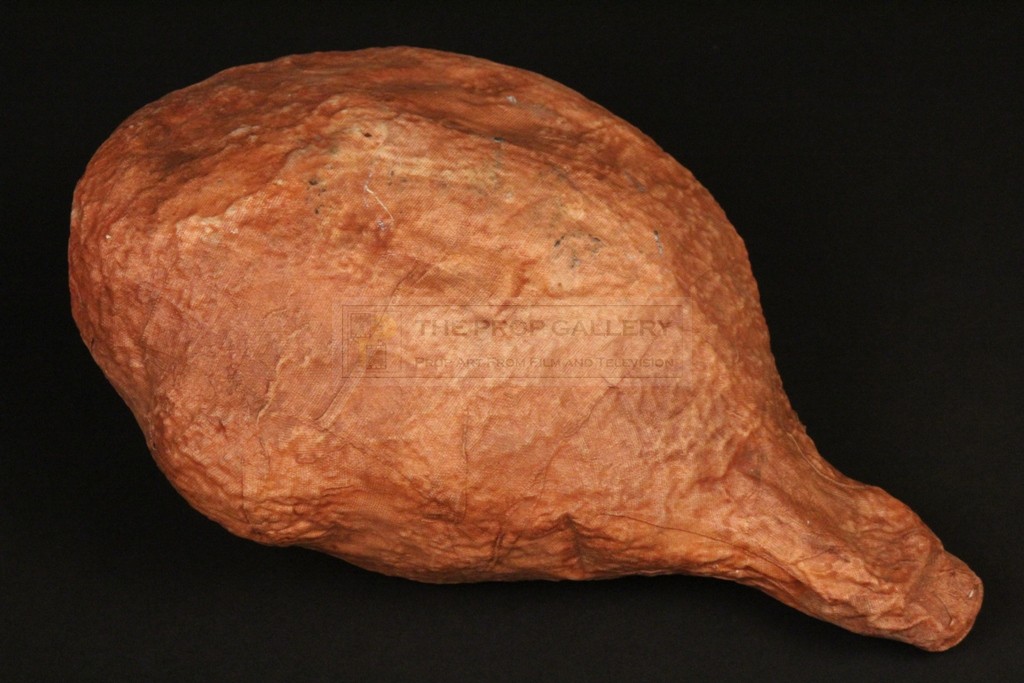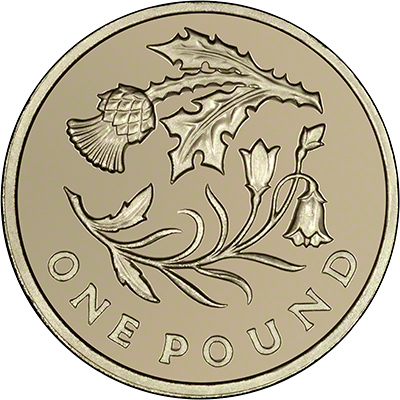

In February 2009, Monetary Policy Affairs Commissioner Joaquín Almunia said "the chance that the British pound sterling will join: high." Brown denied that there was any change in official policy. In December 2008, José Barroso, the President of the European Commission, told French radio that some British politicians were considering the move because of the effects of the global financial crisis. The government committed itself to a triple-approval procedure before joining the eurozone, involving approval by the Cabinet, Parliament, and the electorate in a referendum.īrown, Blair's successor, ruled out membership in 2007, saying that the decision not to join had been correct for Britain and for Europe. The UK would also have to meet the EU's economic convergence criteria (Maastricht criteria) before being allowed to adopt the euro which at that time the UK's annual government deficit to the gross domestic product (GDP) was above the defined threshold. It cited considerable long-term benefits to be gained from eventual, prudently conducted Economic and Monetary Union (EMU) membership. However, the 2003 document also noted the considerable progress of the UK towards satisfying the five tests since 1997, and the desirability of making policy decisions to adapt the UK economy to better satisfy the tests in future. Though maintaining the government's positive view on the euro, the report opposed membership because four out of the five tests were not passed. Another assessment was published on 9 June 2003 by Gordon Brown, when he was Chancellor of the Exchequer. His Majesty's Treasury first assessed five economic tests in October 1997, when it was decided that the UK economy was neither sufficiently converged with that of the rest of the EU, nor sufficiently flexible, to justify a recommendation of membership at that time.

The government of Prime Minister Tony Blair declared that " five economic tests" must be passed before the government could recommend the UK joining the euro and promised to hold a referendum on membership if those five economic tests were met. The ensuing crash of 16 September 1992 was subsequently dubbed " Black Wednesday." During the negotiations of the Maastricht Treaty of 1992, the UK secured an opt-out from adopting the euro. The UK spent over £6 billion trying to keep its currency, the pound sterling, within the narrow limits prescribed by ERM, but was forced to exit the programme within two years after the pound sterling came under major pressure from currency speculators. The United Kingdom joined the European Exchange Rate Mechanism (ERM), a prerequisite for adopting the euro, in October 1990. Gordon Brown set out the ' five economic tests' that must be met before the UK would adopt the euro


 0 kommentar(er)
0 kommentar(er)
